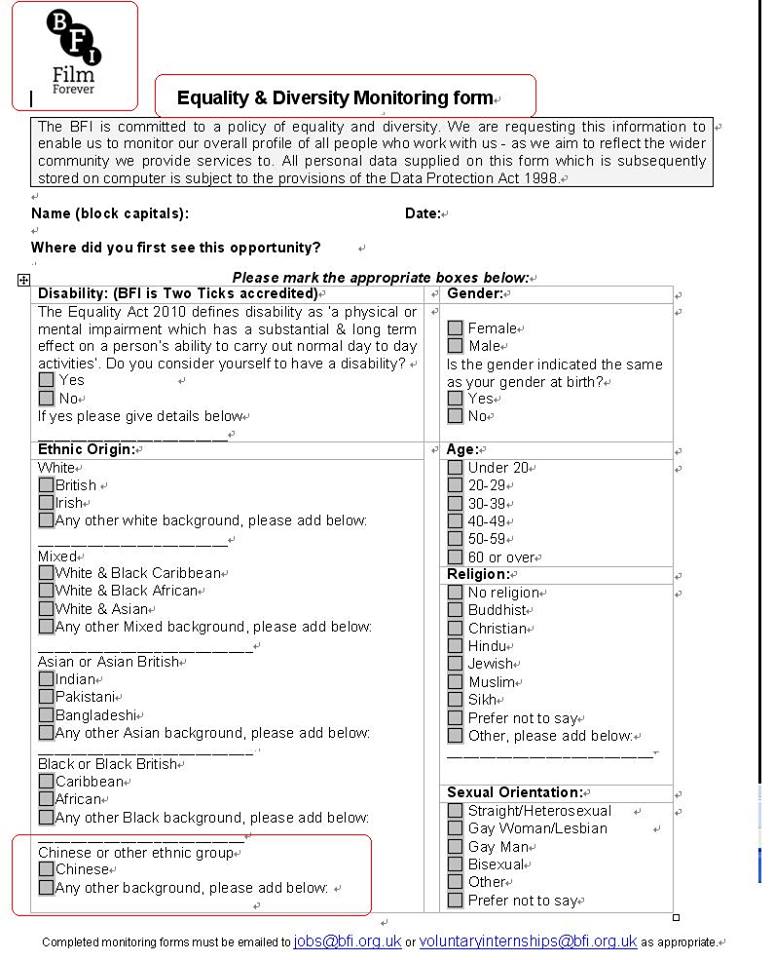The Fu Manchu Complex is a new play currently playing at the Oval House. It is written by Daniel York, a colleague of mine, who I have known for over 20 years and who like me, is British born Chinese. Like me too, he grew up here in UK and trained to be an actor in the 80s, like me not thinking his whole career would be defined by the fact that his father was born in SE Asia. In fact it is arguable that were it not for the fact that his father is Singaporean and mine Guyanese (not exactly close, geographically – though they do look similar) Daniel and I would never have met, let alone done so many projects together.
Our entire careers have been defined by this one thing. And guess what? Given how little significance it had on my (our) lives growing up this is a frustrating thing. We both dealt with this in similar yet different ways. At the recommendation of the Chinese detective himself, David Yip, I changed the spelling of my professional name 20 years ago to appear more East Asian. Daniel recently adopted this cynical approach, adding the name Loh to his actual name. It is a smart move in this shallow industry.
When I first saw Daniel, he was acting in a production of Chay Yew’s first play, Porcelain. It was in a tiny fringe venue, the Etcetera, and the house was not even full. It was a great performance in a great show and this led to him going to the RSC for a season. When my flatmate, Tony, started in Stratford, around 1993-94, Daniel was already there and we were introduced. I even went to watch one of the plays he was in, Moby Dick. We both, 20 years ago, did not realise the significance our being East Asian, albeit only half, would have on our fledgling careers. Here was he, at the RSC, playing non-ethnic parts and I had just finished playing Hiawatha at the Royal Lyceum, and Lorenzo in The Merchant of Venice at the Sherman and a big tour of Wales. There was good reason for optimism that our ethnicity would not affect our careers. It didn’t pan out that way.
Cut to the RSC’s Orphan of Zhao 20 years later in 2012 and it is incredible and saddening to think that Daniel York (Loh)’s 1993 appearance in that season was the last time an East Asian actor had been employed at Stratford before then. I don’t remember Moby Dick very well, but I do recall Dan having a significant part, which only highlights how retrograde a move the casting of The Orphan of Zhao (where only three East Asians of 17 were cast – in minor parts) actually was.
Daniel and I have dealt with this unforeseen and enforced straitjacketing of our acting careers in similar ways. We have both become activists for the rights of East Asian representation in the industry, being the two East Asian Equity reps on the committee which got the Opening the Door thing going, have both been brave enough to speak out about it in an industry where this is mostly feared, and we have both written satires to highlight the relative low status the East Asian has at the Equal opps / diversity table.
The play, The Fu Manchu Complex, is Daniel’s. I won’t attempt a conventional review here. You can read other bloggers and reviewers, who have done that. What I will say about it is this. Go and see it. I saw it myself on Saturday and laughed out loud on numerous occasions. It is genuinely funny in places and the entire cast is East Asian in heritage. Its cheap and its easy to get to and its funny. And its short. All the things that I like in a show.
More importantly than all of that, however, and what makes it more significant in my opinion than any of the other wonderful plays that can be seen this month featuring East Asian actors, ( Chimerica, World of Extreme Happiness, Golden Child ) is that this was written by a British East Asian writer. This is so rare that surely this in itself needs to be supported. That it aims to turn a spotlight on the whole issue of East Asian stereotyping itself, which Daniel and I know from 1st hand experience all too well, and does so in an at times hilarious way, is the bonus.
The Opening the Door initiative, which is in some quarters being debated as responsible for this current unprecedented showing of East Asian actors is nothing of the sort. The Fu Manchu Complex is the nearest thing that is of real significance in opening any door whatsoever. While I am all for China being the flavour of the month and am a great fan of the great American Asian playwright David Henry Hwang, the fact that a new British East Asian playwright is being brave, funny and clever is the one thing that I don’t want to overlook. I predict in fact that in another 20 years, of all the productions this year, this play will be the one with the most historical interest and significance to the advancement of British East Asians and our struggle to be taken seriously.

